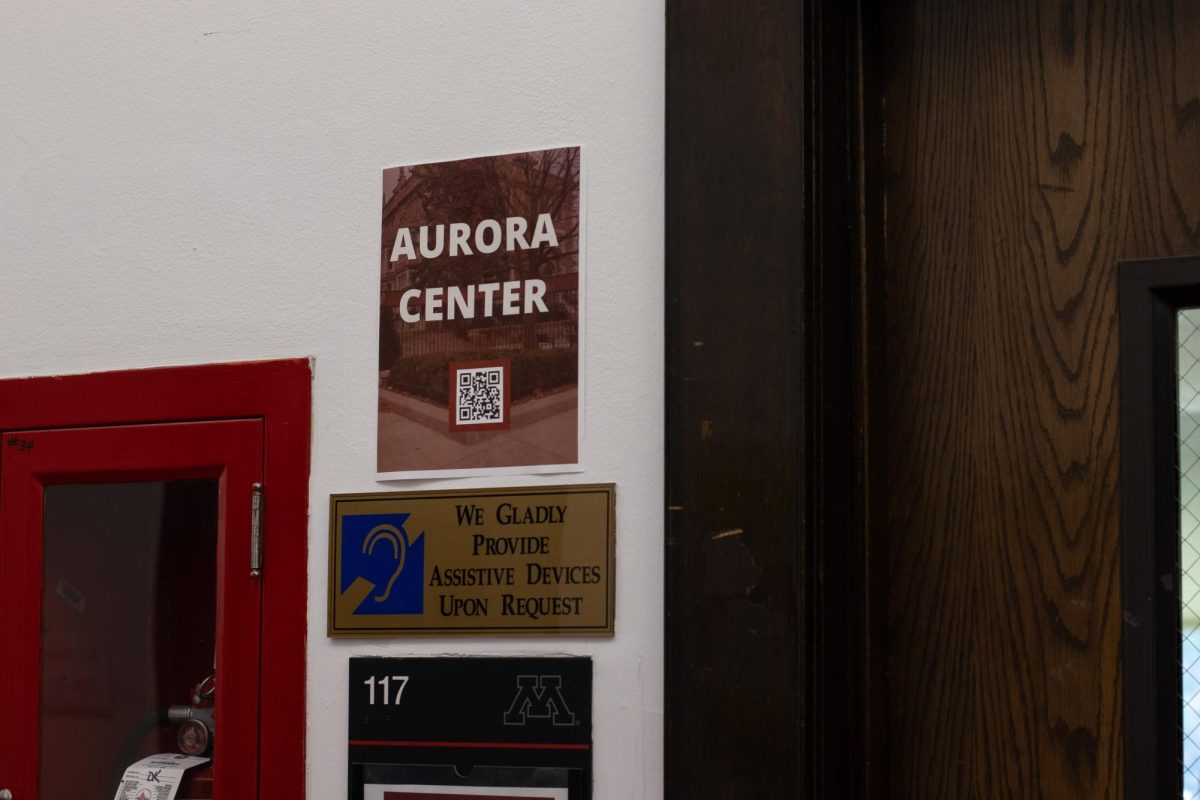Since election night, recounts and missing ballot boxes in Florida and Arizona have been dominating the news cycle. A midterm headline that should receive more attention; an incredible amount of women are being elected.
The 2018 midterms have also been dubbed the “Year of the Woman 2.0” after record numbers of women ran and were elected to Congress. At least 99 women are expected to take the oath in January and the number may grow, as a number of outstanding races that have not yet been called.
America is patting itself on the back for electing so many women to Congress, which include some firsts that should have happened long ago, such as the first Muslim and Native American women elected to Congress. I can only think, why is this just happening now? Every year should be the year of the woman.
The United States lags far behind in descriptive representation. Our Congress has never remotely reflected the demographics of the U.S. In fact, the U.S. is ranked 104th in the world for women in national parliaments, according to the Inter-Parliamentary Union. This is embarrassingly low, especially considering our democracy was one of the first. We should be electing a number of women that is proportional to the population.
Descriptive representation is a must. For too long, women’s interests have not been adequately represented because there weren’t enough women in positions of power to represent them. I firmly believe that in order for our government to work for people aside from white, straight men, there needs to be representation of different backgrounds, ethnicities and genders. The country was crafted, built and continues to be dominated by straight, white men. Society will continue to disproportionately reflect the needs of and be advantageous to these men until women and minorities are given the same opportunities and representation.
I realize that many people believe substantive representation to be of greater importance than descriptive representation. Substantive representation encompasses politicians whose policies reflect the interest of people other than themselves, even if they themselves do not mirror those people. I do believe this is important, and that on some level, our representatives over the years have achieved that.
It is undeniable that someone similar to their constituents can better represent them. Empathy is incredibly difficult. I do not believe we can fully put ourselves in the shoes of others and understand their struggles, their triumphs or passions. Men will never be able to comprehensively represent women because they are not women.
This is an incredibly important stepping stone toward a more directly representative Congress. However, the work is not over. There are still far more women in the population than there are in positions of power, and we need to continue to elect women at a higher rate. This momentum cannot be lost when the political climate is calmer, or we as women feel less threatened by those in power. We need to continue electing women at a high rate so that society mirrors women’s needs the same way it has for men.







